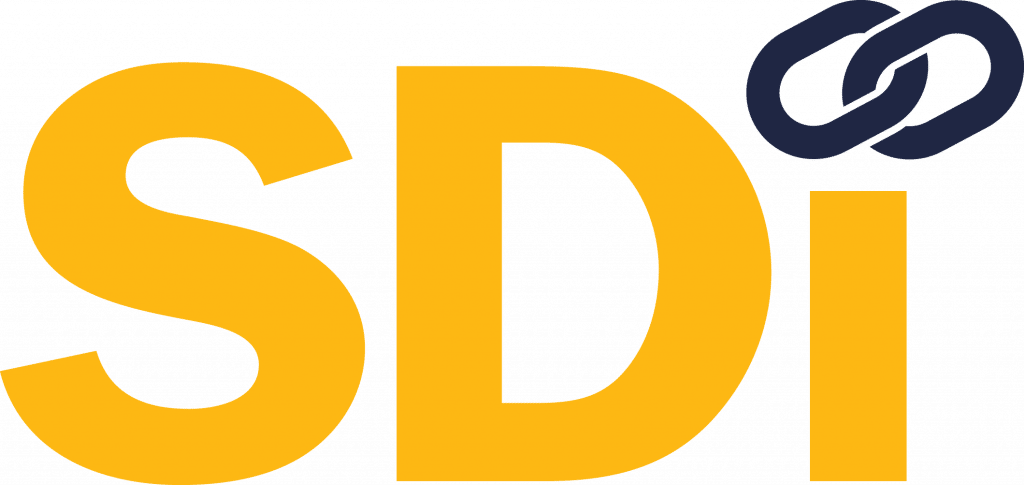K12 district leaders face a daunting and unprecedented challenge this Fall: react to continually changing guidelines to open schools safely while planning for numerous contingencies — and doing it all with shrinking budgets. The Institute for Education Innovation, in partnership with SDI, the team that managed the supply chain integration strategy for the NYC Department of Education for the last 23 years and during the Covid-19 school closures, recently held a workshop to share lessons learned, emerging trends, and practical recommendations.
Watch the video to hear SDI’s VP of MRO Solutions, Lori Kaufman and SDI’s Senior Vice President, Jim Owens discuss how the largest public school system in the U.S. managed through the crisis, how they’re thinking beyond face masks to get schools ready for the Fall, and how they leverage the digital supply chain to diversify their supply base and mitigate the risk to supply continuity.
Additionally, there are four key areas that district leaders should address:
Change Management
With so much information and misinformation about what is safe and what is required, it is easy for stakeholders to be confused? Having a focused communication plan about your plans to reopen and your supply chain integration strategies goes a long way to gain confidence. Your plan to reopen can’t gain support if your constituents don’t know about it and understand how you plan to implement it. One lesson learned from this crisis is the importance of cross-departmental cooperation. As with any change, alignment early on creates ownership and increases the chances of success.
Essential Inventory
Maybe you have e-procurement software that has helped you manage your PPE and essential supplies orders. This is a great approach. Are the PPE supplies that you receive then stored in a secure place where you can track usage? Having a dedicated and secured space to store your inventory is crucial in ensuring it is there when you need it. Securing your inventory and tracking the usage also helps with any procurement data analysis you may want to conduct in the future to begin to forecast demand and locate any supply chain anomalies to be addressed.
Strategic Sourcing
Do all of your PPE supplies come from the same source? One of the key lessons to come out of the COVID-19 crisis, is the failure in the conventional supply chain management approach of consolidating suppliers to get the best negotiated rates. Because traditional sources may not be able to deliver the essentials, diversifying from a single source of supply is critical for continuity of supply. Secondary and tertiary back-ups in addition to access to dynamic marketplaces helps ensure resiliency and alignment with plans to reopen. Additionally it’s wise to conduct procurement data analysis to understand the country of origin, not only for those first tier suppliers, but for their suppliers as well, as this could impact their ability to deliver to you.
Risk Profile
Have you properly assessed the tolerance for risk in your supply chain? Aggregating and evaluating lessons learned during and post COVID-19 with respect to your specific site needs helps you understand the benchmarks that other organizations have invested in and helps ensure your plan is defensible and real. A PPE supply chain risk assessment provides insight into your ability to meet demand and uncovers potential areas of weakness in maintaining an adequate supply of PPE throughout the school year by identifying and analyzing supply and spend data to derive insights for potential future events that may negatively impact your district.
SDI continues to leverage the supply chain ecosystem to lead our customers on a digital transformation journey to improve performance and productivity. The result is building resiliency in the supply chain, enabling faster data-driven decision making, and having the flexibility to innovate and solve problems creatively. Click here if you’d like information on how to get a PPE Supply Chain Risk Assessment or contact us today.

